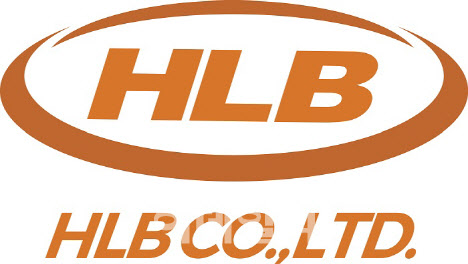|
It is highly unusual for a drug that has not yet received regulatory approval to be recommended for prescription in clinical settings.
The latest edition of this guideline, revised for the first time in three years since 2022, highlights Rivoceranib + Camrelizumab as the first-ever combination of a VEGFR-TKI angiogenesis inhibitor and an anti-PD-1 immunotherapy to demonstrate significant therapeutic efficacy. The guideline also includes key clinical data, noting the treatment’s median overall survival (mOS) of 23.8 months, the longest ever recorded in this field.
The guideline classifies the clinical evidence supporting Rivoceranib + Camrelizumab as “Level of Evidence I,” the highest rating. It strongly recommends this combination as a first-line treatment for liver cancer patients with relatively preserved liver function.
Additionally, the guideline also recommends other first-line therapies, including Bevacizumab + Atezolizumab and Durvalumab + Tremelimumab. However, it specifies that patients with a history or risk of gastrointestinal (GI) bleeding undergoing Bevacizumab-based therapy must undergo screening procedures beforehand. This reflects the necessity of conducting endoscopic examinations before prescribing Bevacizumab due to its high risk of causing GI bleeding.
Since Rivoceranib + Camrelizumab is a combination of an angiogenesis inhibitor and an immune checkpoint inhibitor, similar to Bevacizumab + Atezolizumab, but without the risk of GI bleeding, it is expected to quickly gain market share upon approval as a first-line treatment.
Han Yong-hae, chief technology officer of HLB Group, stated “With regulatory approval imminent, ESMO’s strong recommendation for Rivoceranib + Camrelizumab as a first-line liver cancer treatment signifies that HLB’s therapy has been internationally recognized as a standard treatment. This is a positive signal not only for obtaining EMA and FDA approvals but also for its inclusion in the NCCN guidelines.”




!['과대망상'이 부른 비극…어린 두 아들 목 졸라 살해한 母[그해 오늘]](https://image.edaily.co.kr/images/vision/files/NP/S/2026/02/PS26021700001t.jpg)
